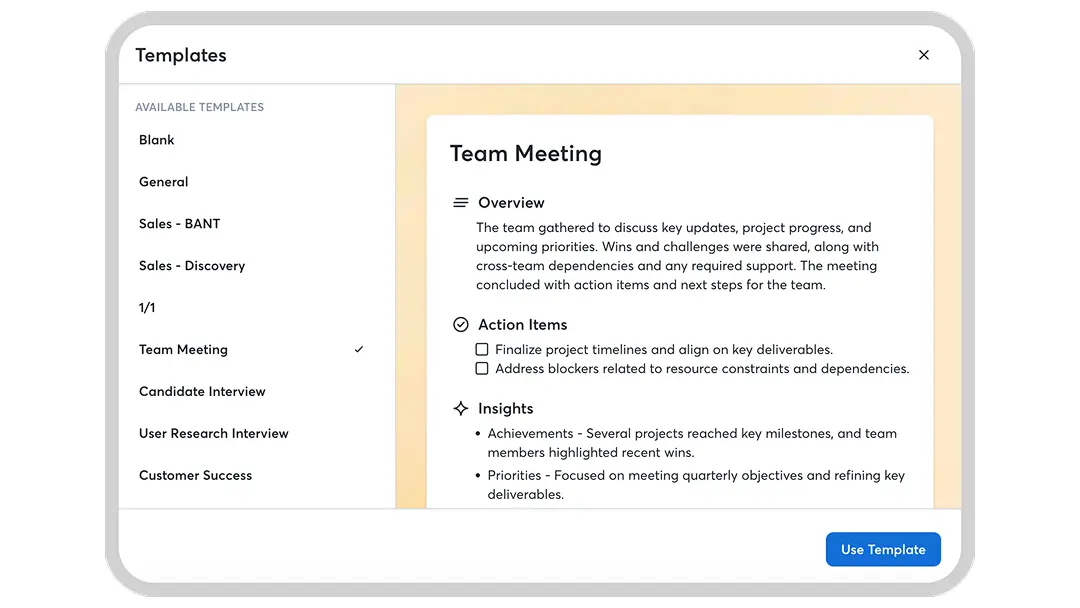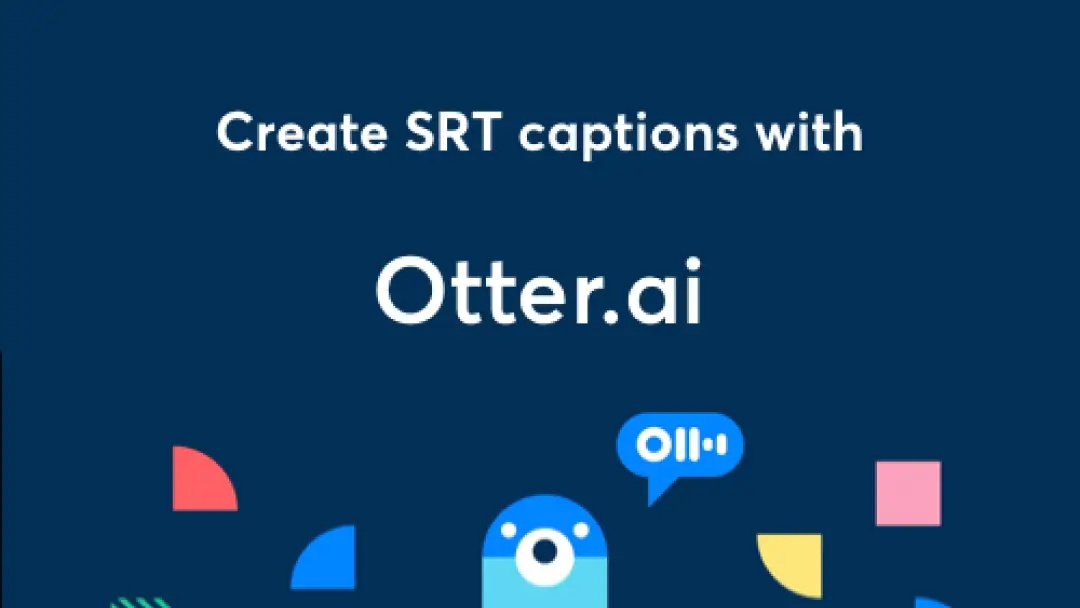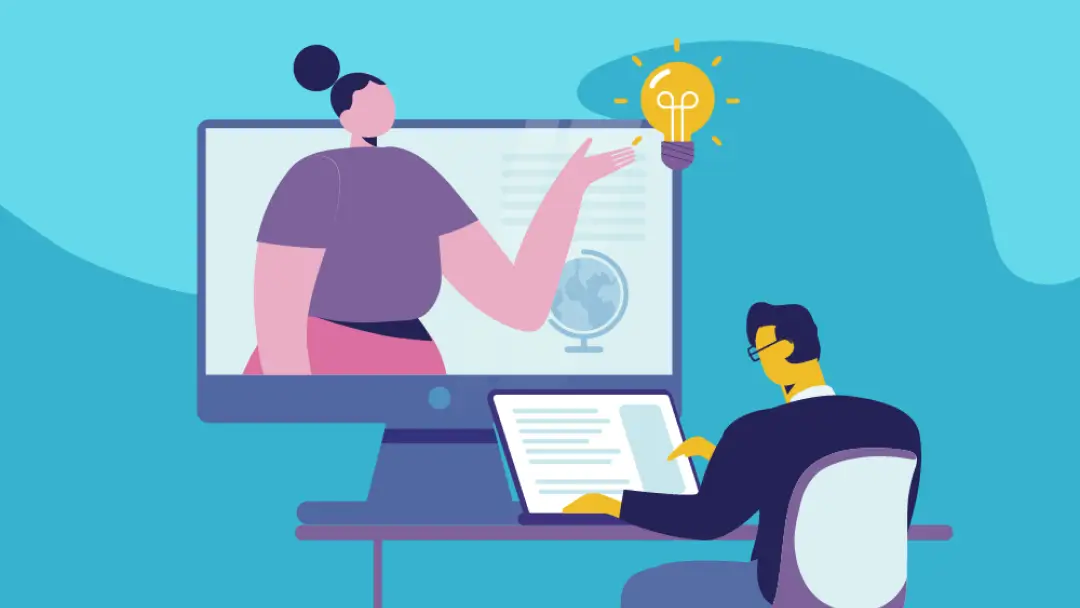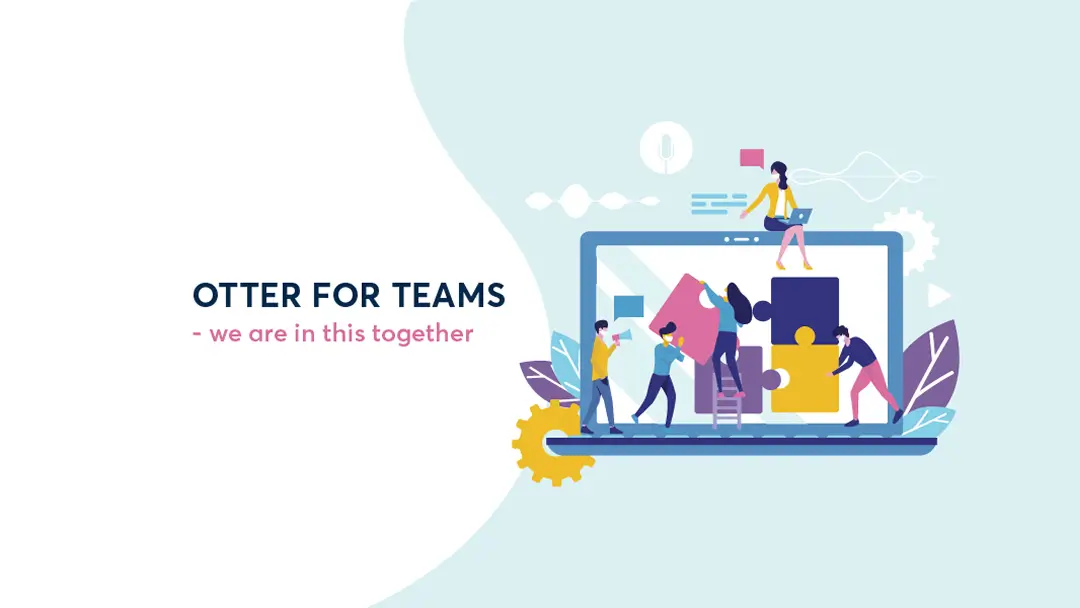New Data Reveal Meeting Changes Needed as Companies Evaluate Hybrid Work Plans
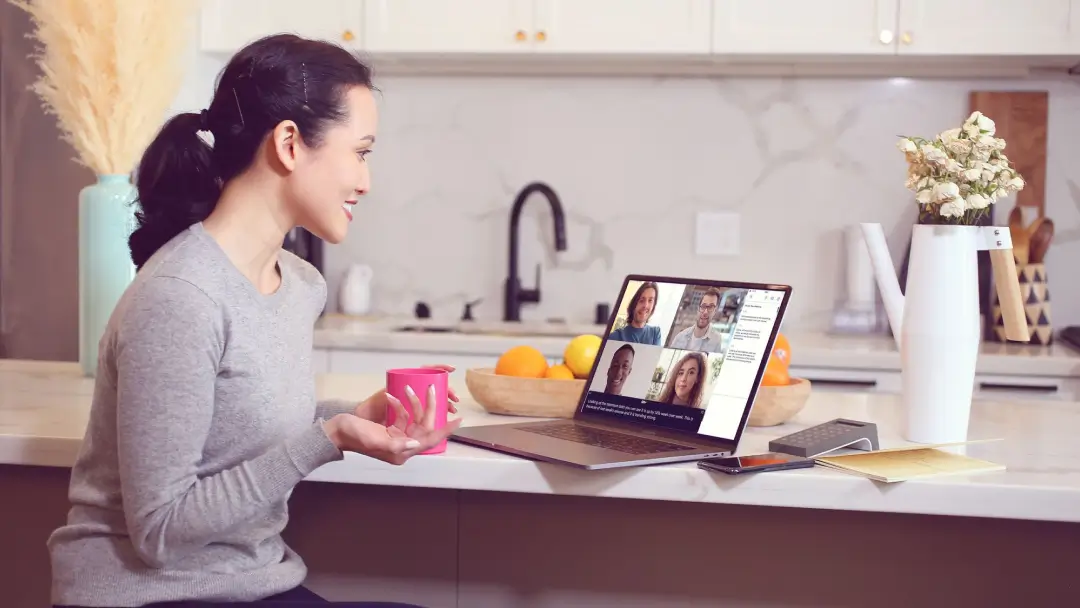
This week Microsoft announced it was inviting more employees back to campus and that their workforce was on “the brink of a disruption” with a move to hybrid work. The software giant shared that while they were evolving their own hybrid work strategy, they knew for sure that “flexible work is here to stay and the talent landscape has fundamentally shifted.”
What’s missing from Microsoft’s proclamation, however, is what specifically has shifted in the attitudes and thinking of workers who have been remote for more than a year now. That’s why Otter.ai teamed up with YouGov to survey more than 2,000 employees who have been working at least partially from home since the onset of the pandemic. Our results reinforce many of the same assumptions Microsoft cited, but go far deeper to provide insight into their attitudes about returning to the office, the effect virtual meetings have had on work-life balance, and how the corporate world can improve productivity and morale by improving the rules of engagement and tools around meetings. Remote work has created new job opportunities for some, offered more family time, and provided many new work experiences. It also isolated some colleagues, disrupted teamwork, and Zoom fatigue emerged as a very real threat to business productivity and mental health. In fact, our research revealed:
- 42% of remote workers say they’ve experienced Zoom fatigue since the pandemic began
- 45% of remote workers want to work in the office between one and three days per week
- 52% of remote workers say that working from home has improved their work-life balance
Zoom fatigue is real and alive in today’s workforce
As remote work has become the norm, videoconferencing meetings have been the standout collaboration tool for businesses. Adoption of Zoom, Google Meet and Microsoft Teams has skyrocketed and become fully integrated into the work experience. One of the biggest challenges for businesses last year was keeping this new remote workforce productive and engaged. Between the reduced collaboration around work, the physical challenges of eye strain and the pressure of being “on-camera” for hours each day, and the emotional challenges of balancing family support and work, productivity at work took a hit.
Business meetings need to fundamentally change
We attended more virtual meetings in 2020 than during any calendar year and the shift to remote and hybrid work was sudden. While face-to-face communications have been replaced by virtual calls, the format of business meetings has remained completely unchanged. Despite many months of remote working, we still don’t know how to have effective meetings in a virtual environment. And while social etiquette for meetings is evolving, here are seven suggestions that emerged from our survey for more effective meetings:

- 52% - All meetings should have agendas
- 35% - People should only attend relevant sections of meetings
- 33% - Meetings should be shorter
- 26% - Meeting notes should always be shared with attendees
- 22% - No use of cell / mobile phones during calls
- 20% - No one should be doing emails during the meetings
- 13% - Meetings should have five people or fewer

Meeting behaviors and productivity tools
Meeting agendas seem like a simple and meaningful change for more effective meetings, while rules around no cell phones and emails have been ignored as long as they have been in place. Sharing meeting notes is a key behavior that can impact many issues raised by allowing people to attend only portions of meetings, or skipping meetings altogether while still receiving the relevant datas. With highly accurate meeting notes from Otter.ai you can quickly view an AI-powered keyword summary or search a 90 minute meeting transcript in minutes using keywords. You can both read and listen to relevant portions of the meeting. A highly collaborative note taking app like Otter.ai can result in fewer meeting participants in each meeting, and fewer and shorter meetings. It can also contribute to greater productivity, lower Zoom fatigue and happier employees.
Hybrid work is here to stay
What seemed like an inconceivable shift in working practices happened almost overnight and saw our homes transformed into virtual offices, schools and daycare centers. In addition to businesses realizing that the future includes hybrid work we received the following mixed thoughts on returning to work from 2,027 respondents.
- 39% are working from home full time and believe they will be indefinitely
- 36% are fully remote but think they’ll be returning to the office, at least partially, at some point
- 24% are working in the office with colleagues some of the time
- 14% of remote workers say they want to return to the office full time when it’s safe to do so
- 20% say they never want to return to the office
Work-Life Balance in the Hybrid Workforce
Remote work liberated many workers from being tied to a home near their place of work.” Whether folks moved an hour away or out of state to find better living conditions, both companies and employees are now rethinking their work requirements and work-life balance. Otter.ai brings flexibility to a work day, improves productivity, and is the best understudy when you need a great meeting note taker. Whether you return to the office or work remotely, Otter is your productivity app.

All figures, unless otherwise stated, are from YouGov Plc. Total sample size was 2,027 employed adults in the United States (N=1,015) and the United Kingdom (N=1,012) who are currently working at least partially remotely. Fieldwork was undertaken between 13th - 19th January 2021.
To learn more about how you can enhance meeting productivity and employee collaboration for remote, hybrid or in office employees please download the free Otter Voice Meeting Notes app at otter.ai, iOS or Android or start a free Otter for Business trial for your team.
Mari Mineta Clapp is VP of Corporate Relations at Otter.ai and has worked with highly disruptive companies changing business paradigms and creating new categories.




